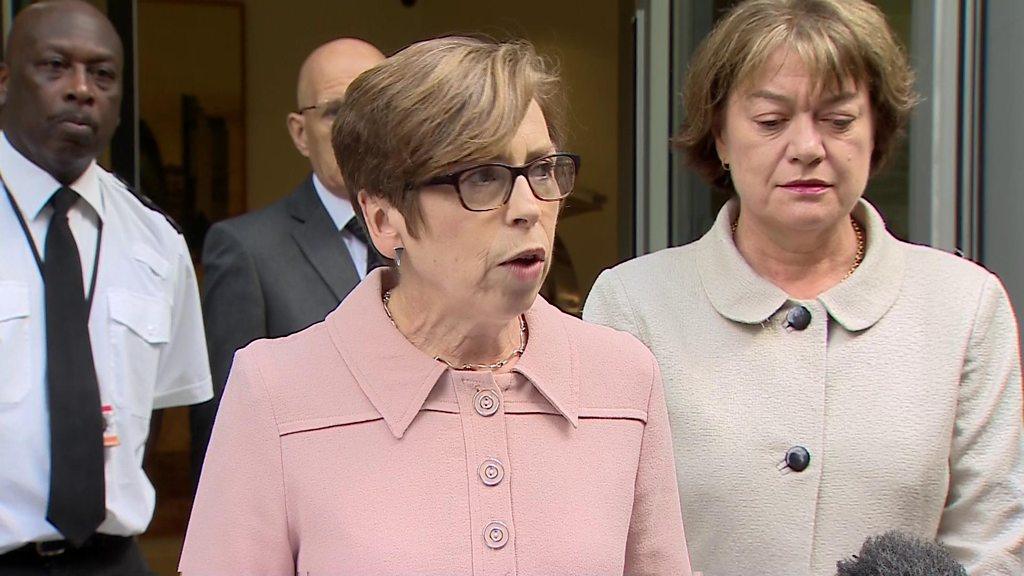Cliff Richard: BBC would be 'crazy' to appeal against ruling
- Published
Lord Patten chaired the now-defunct BBC Trust until 2014
Former BBC Trust chairman Lord Patten has said the corporation would be "crazy" to appeal against the ruling in the Sir Cliff Richard privacy case.
Sir Cliff was awarded an initial £210,000 in damages after a judge ruled the BBC had infringed his privacy rights over its coverage of a police raid on his home in 2014.
The BBC said journalists acted in good faith and it is considering an appeal.
Former BBC chief Mark Thompson said an appeal would be in the public interest.
Sir Cliff was never arrested or charged over the historical child sex claim.
On Wednesday night, following the High Court ruling, Tory peer Lord Patten said the BBC should "swallow hard, say they made a mistake, apologise as they have to Cliff Richard, move on and not to do it again".
He said he did not believe the incident showed "BBC journalism at its best".
Sir Cliff v BBC: How did it get to this?
Lord Patten chaired the BBC's now-defunct governing body, the BBC Trust, from 2011 until 2014, standing down four months before the coverage of the police investigation into Cliff Richard.
During the interview with Newsnight, he said: "I think that the decisions made by some very good people whom I much respect at the BBC were wrong.
"And I think it would be crazy for the BBC arguing that there is some principle of freedom of speech involved and to appeal this decision."
But former BBC director general Mark Thompson, speaking on The Media Show, said "it would be very much in the public interest to appeal" against the judgement.
He said the BBC has "got to think very carefully" because "it is public money" but added it was an "important point of public principle" for everyone working in journalism in the UK.
Mr Thompson said: "Of course [the BBC] will be looking very closely at the potential cost and the likelihood of success, but how much is freedom of the press worth? In my book it is worth a lot."
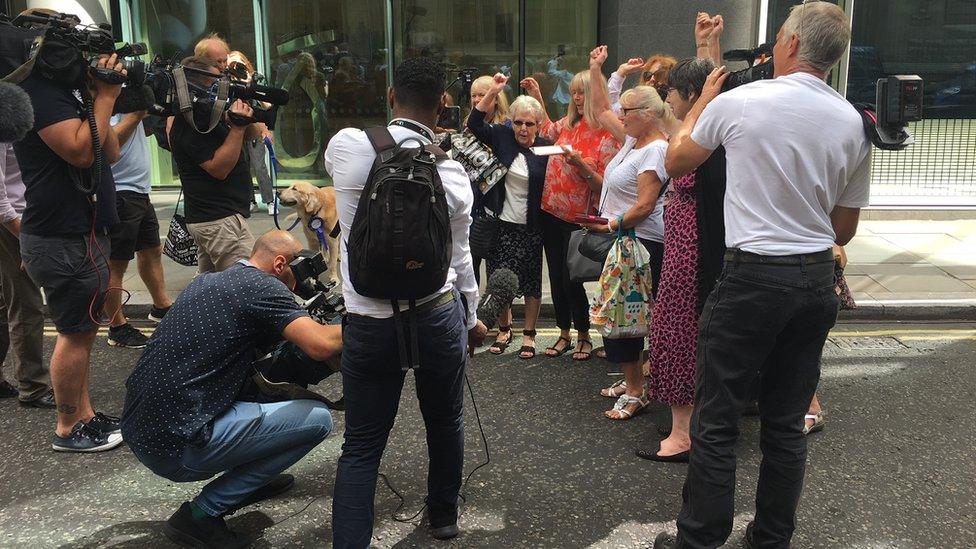
Fans of Sir Cliff celebrated his win outside court
In his judgement,, external Mr Justice Mann rejected the BBC's case that its reporting, which included footage of Sir Cliff's home filmed from a helicopter, was justified under rights of freedom of expression and of the press.
He ruled that a suspect in a police investigation "has a reasonable expectation of privacy" and while Sir Cliff being investigated "might be of interest to the gossip-monger", there was not a "genuine public interest" case.
Fran Unsworth, the BBC's director of news and current affairs, apologised to Sir Cliff but said the case marked a "significant shift" against press freedom and an "important principle" around the public's right to know was at stake.
The BBC's director of news says there is "an important principle at stake"
"Even had the BBC not used helicopter shots or ran the story with less prominence, the judge would still have found that the story was unlawful; despite ruling that what we broadcast about the search was accurate," she said in a statement.
And in an email to BBC staff, Ms Unsworth said she is "keen that we learn lessons from the way we reported the story", but said the principle at stake is one that affects all media organisations, not just the BBC.
The BBC said it would look in depth at the 122-page judgement before deciding on whether or not to appeal.

Analysis: 'Dark day for news reporting'
By BBC legal correspondent Clive Coleman
The judge found it was not merely the BBC's use of helicopter pictures which breached Sir Cliff's right to privacy. The simple naming of Sir Cliff as a suspect in the police investigation amounted to a breach of his privacy.
It means, going forward, people who are suspects in police investigations, save in exceptional circumstances, are entitled to reasonably expect the matter is kept private and not covered by the media.
That is why the BBC is broadening this out and saying, in effect, this is a dark day for news reporting.
Looking at some of the police investigations covered in the past, the BBC points out that naming the suspects has sometimes resulted in additional complainants coming forward.

After winning his case, Sir Cliff told ITV that senior BBC managers "have to carry the can", adding: "If heads roll then maybe it's because it was deserved."
Sir Cliff's close friend, broadcaster Gloria Hunniford, told Good Morning Britain the singer had told her: "I don't think I'll ever be quite the same again."
She said: "I agree - you can't get that out of your head, when you haven't slept properly for four years."
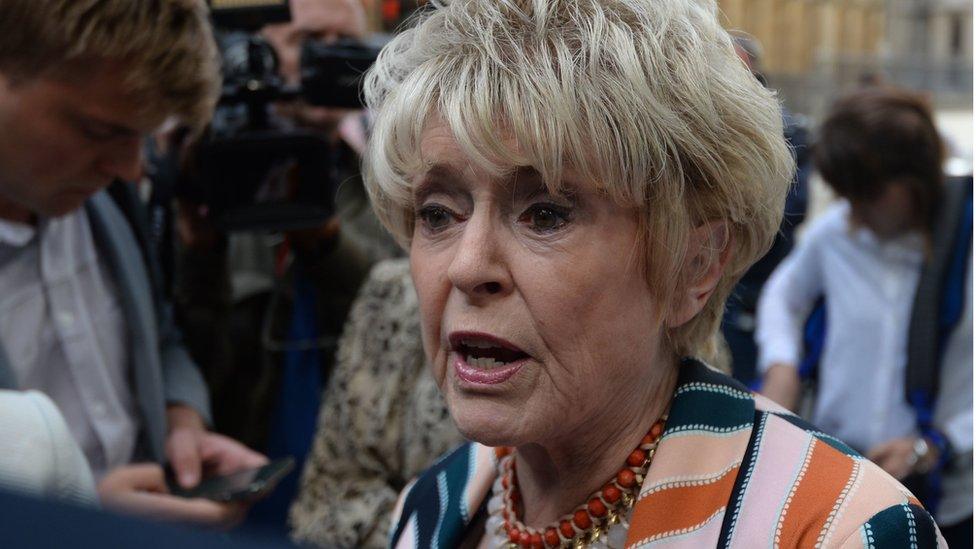
TV and radio presenter Gloria Hunniford said the ruling follows "four tortuous years"
Conservative MP Nigel Evans, who has argued for anonymity for suspects of sexual offences, told Radio 4's Today programme that the ruling "reinforced what the law means which is that the police don't release the name of anybody who has had an allegation made against them".
Meanwhile, Andy Trotter, a former chief constable for British Transport Police who carried out an independent review into the disclosure of information by South Yorkshire Police to the BBC, said: "Generally speaking, I see no reason for the public to know people have been arrested.
"They [the person arrested] carry the stigma of that arrest for a long time."
However, he said there "may well be" a public interest "in very serious cases" to release the name of someone who has been arrested.
Sir Cliff Richard's lawyer said the singer "aimed to right a wrong"
Sir Cliff sued the BBC over broadcasts of a South Yorkshire Police raid on his home in Sunningdale, Berkshire, in August 2014.
Police officers were investigating an allegation made by a man who claimed he was sexually assaulted by Sir Cliff at an event at Sheffield United's Bramall Lane in 1985 when he was a child.
Sir Cliff was never arrested and in June 2016 prosecutors said he would face no charges.
South Yorkshire Police had earlier agreed to pay Sir Cliff £400,000 after settling a claim he brought against the force.
On Wednesday, the judge awarded Sir Cliff £190,000 damages and an extra £20,000 in aggravated damages.
The BBC must pay 65% of the £190,000 and South Yorkshire Police, which carried out the raid, 35%.
- Published18 July 2018
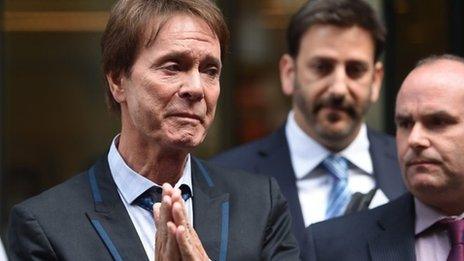
- Published18 July 2018
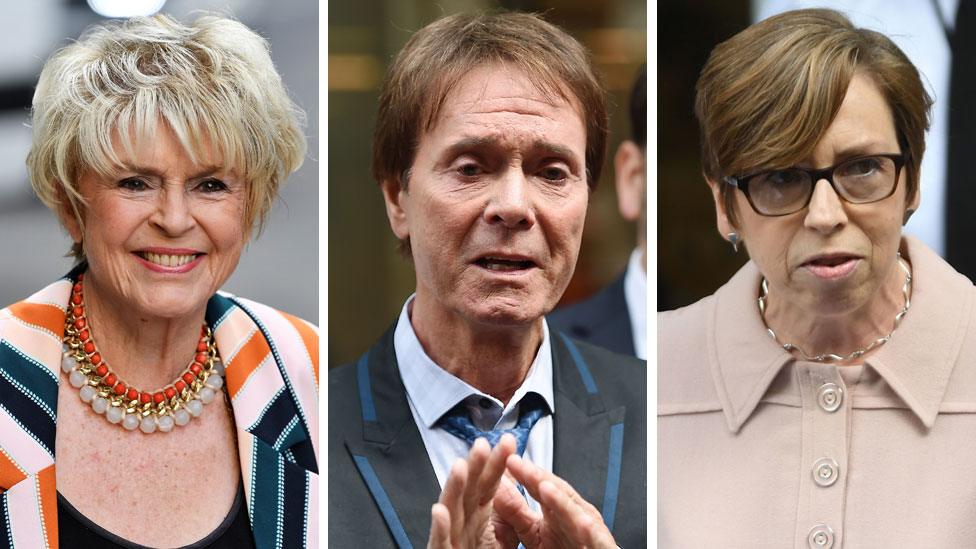
- Published18 July 2018
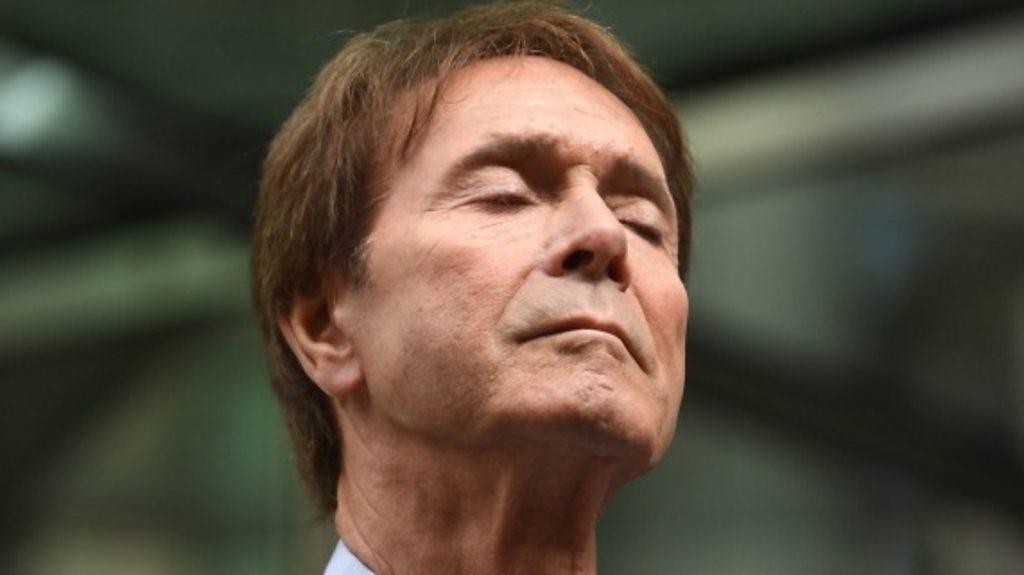
- Published18 July 2018
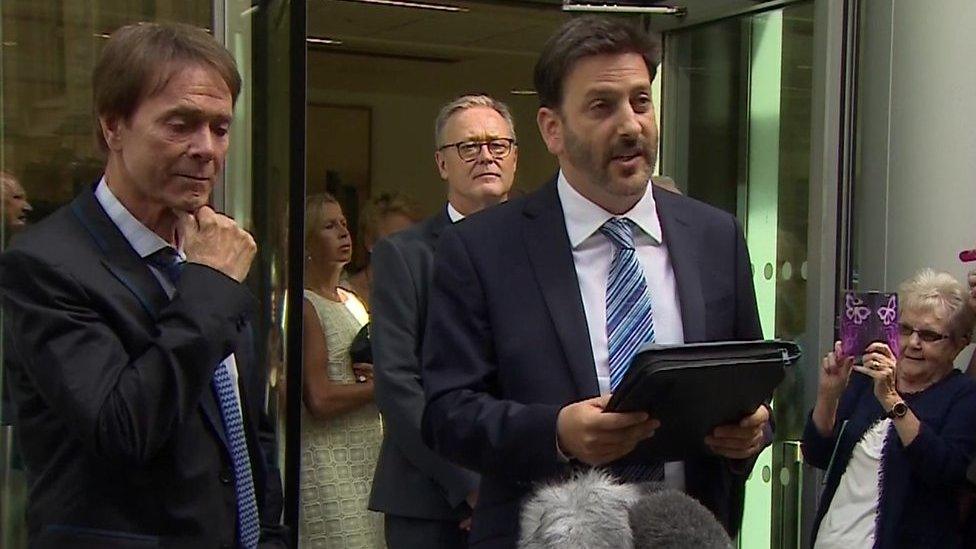
- Published18 July 2018
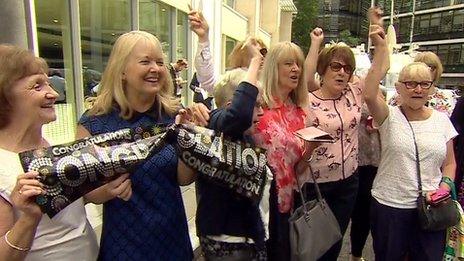
- Published18 July 2018
